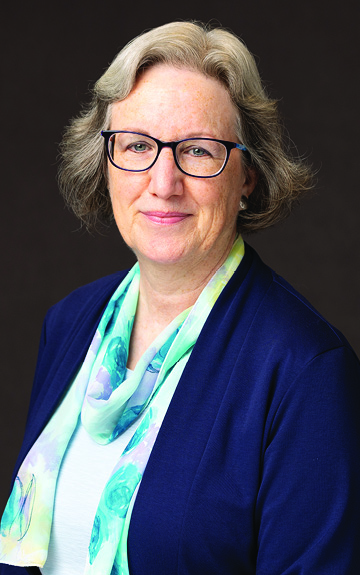Faculty Expertise
Throughout your time at Washington College, you will work with faculty in classes, lab and field work, internships, and more. Faculty serve as teachers and mentors, and as advisors for your Senior Capstone Experience (SCE). Explore the research interests of our faculty below.
History Faculty

Ken Miller
Chair of the Department of History
Associate Professor of History
Ken Miller
Chair of the Department of History
Associate Professor of History
Areas of Expertise
Colonial, revolutionary, and early national North America
Research
I'm an historian of colonial, revolutionary, and early national North America. My book, Dangerous Guests: Enemy Captives and Revolutionary Communities during the War for Independence, approaches the patriots' hosting of British and German prisoners as a window onto early American identity formation in the diverse wartime interior. My current research concerns an infamous murder case in revolutionary New England.

Clayton Black
Barbara Townsend Cromwell '55 Associate Professor of History
Clayton Black
Barbara Townsend Cromwell '55 Associate Professor of History
Areas of Expertise
Post-1917 Revolution Russia; the Cold War; 19th-century China, Japan, Germany, and Europe
Research
My particular focus is the life and thought of Grigorii Zinoviev, a prominent Bolshevik in the 1917 revolution and subsequent decade. I have also published on the history of labor, politics, and culture in the 1920s in Soviet Russia.
View Dr. Black's Profile

Carol Wilson
Arthur A. and Elizabeth R. Knapp Professor of American History
Carol Wilson
Arthur A. and Elizabeth R. Knapp Professor of American History
Areas of Expertise
Early national and antebellum African American history
Research
As a specialist in early national and antebellum African-American history, my work has centered around the boundaries of racial identity and status. We have tended to think of such categories as “free” and “slave,” “white” and “black,” as definite, but in reality they were not. My first book focused on the kidnapping of free blacks. What I found was that the designation “free” was a tenuous one at best. Free blacks were subject to so many restrictions as to render their freedom categorically different from what whites experienced; this has been well-documented by numerous scholars. Even that restricted freedom was in constant danger of being rescinded. When white people claimed even legally free blacks as slaves, the burden of proof fell upon the victim, and the entire system worked toward the retention of an individual in slavery.